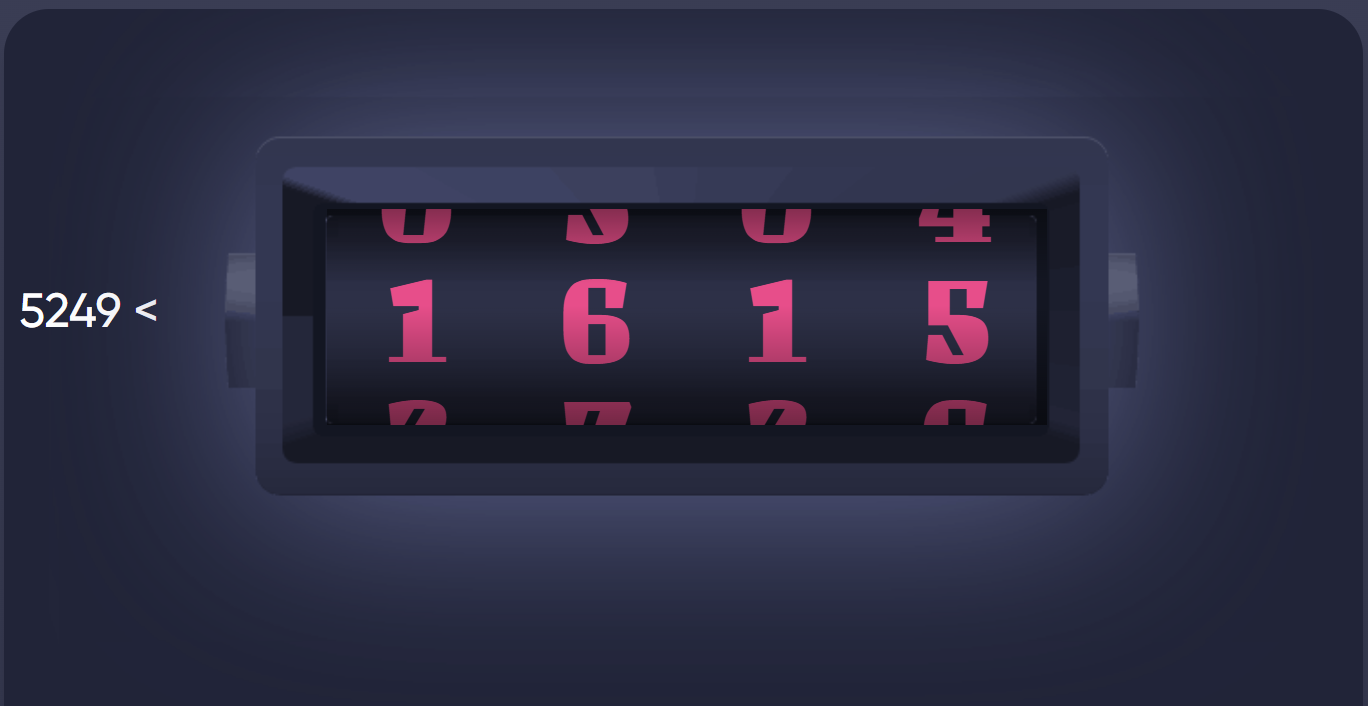Crypto-based casino games are gradually becoming the norm in many casinos. Aside from the simplicity in betting rules, they're provably fair, too. One popular example of this game is Hash Dice, a probability game that relies on the blockchain hash value calculation and algorithm. The hash is simply a mathematical function used for security purposes and acts as the basis of cryptocurrency security. But don't let the math stop you from playing and enjoying this popular gambling dice game. Hash Dice offers an exciting way to play with bet and prediction. The closer the rolled number is to the set 'hash' or random number, the higher your chances of winning.

Here's How to Play Hash Dice
Hash Dice comes with fairly simple rules. If you open this game, you'll notice a string of numbers on the left side of the screen. At the center, you will find a reel with random numbers.
The game begins with a random has, for example, 5249 < Random Number. You then set the amount you want to bet in this round by adjusting the 'Bet Amount' section at the bottom. After setting your wager, just click the green 'Bet' button. The result is a string of numbers between 0 and 9999.
If 5249 < the Random Number, you win or if not, you lose.
Also, players have the option to set a 'High' and 'Low' interval. This offers you more flexibility when playing in real money mode.
To help players fully enjoy this casino dice game, the screen also displays the sections for profit, odds, and the chance of winning. You can adjust your odds before a spin and it instantly reflects the change in potential profit and percentage of winning.
Is the Hash Dice Game Fair?
Like other Bitcoin dice games, Hash Dice is provably fair and can be checked for its integrity.
We are a fair and transparent betting platform, aiming to eliminate all unfair factors and let players have fun, provides HashDice with a provable and verified system that allows each game fair in an encrypted way.
In order to allow players to verify their bets, a pair of Server Seed and Client Seed is used to calculate a roll number.
Knowing Server Seed, Client Seed and Nonce, it's possible to calculate bet results. To prevent a player from result prediction, Server Seed is hidden, and an SHA-256 hash of the seed is shown instead. After the next randomization, the previous Server Seed is revealed and a player is able to verify the bet. Also, players can make sure that Server Seed wasn't changed by comparing their hash

